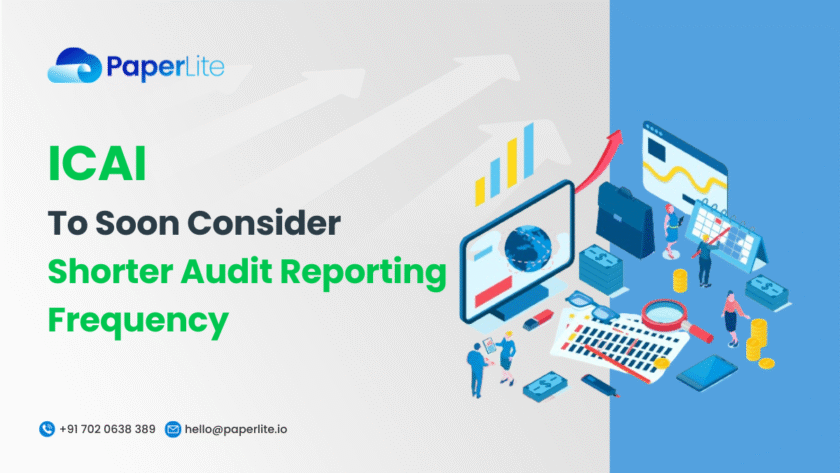The landscape of Chartered Accounting is continuously evolving, driven by technological advancements and changing business needs. One recent development from the domain comes from the Institute of Chartered Accountants of India (ICAI), the nation's regulatory body for the profession.
Recognizing the impact of technology on accounting practices, the New President of ICAI, CA. Ranjeet Kumar…

